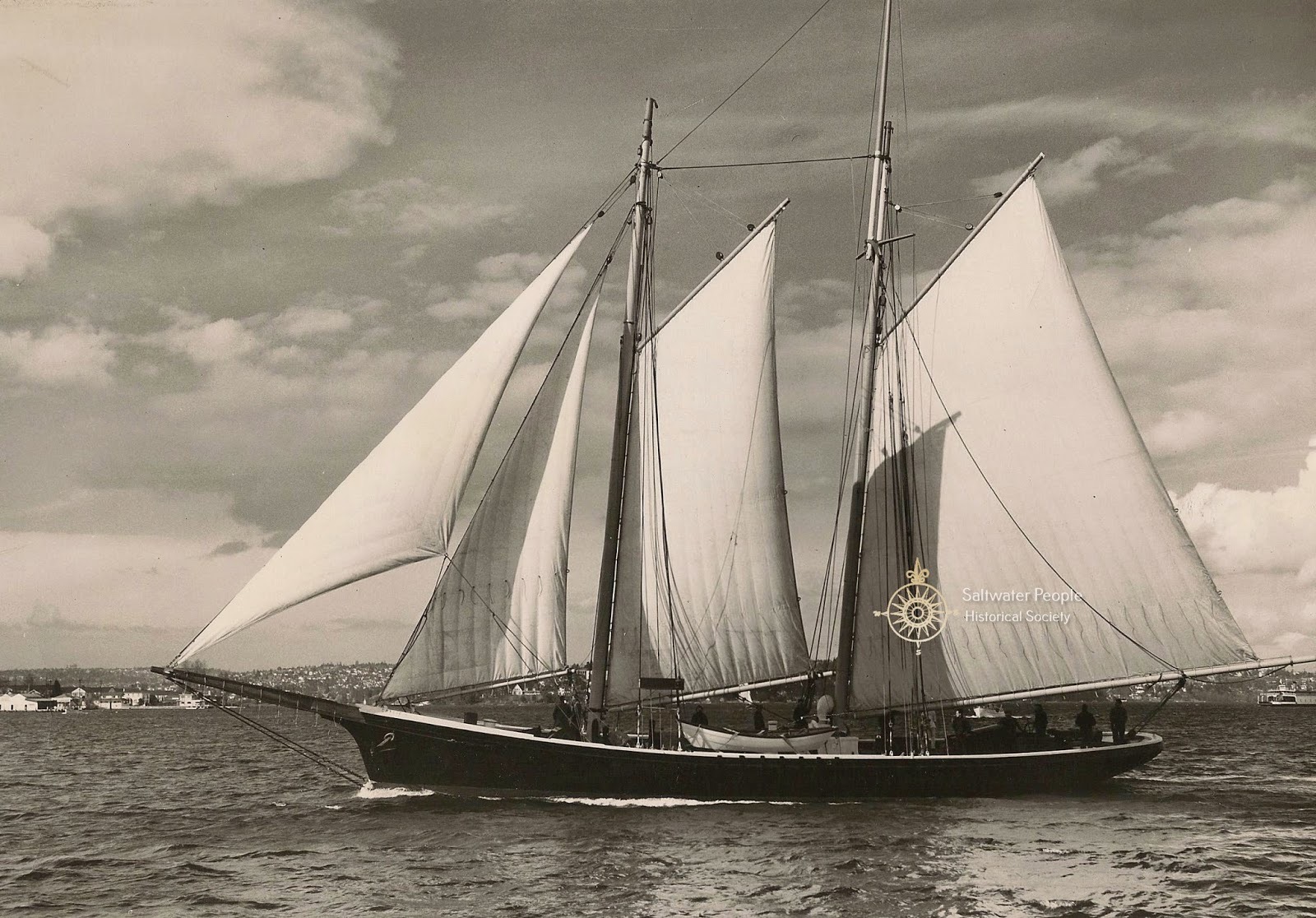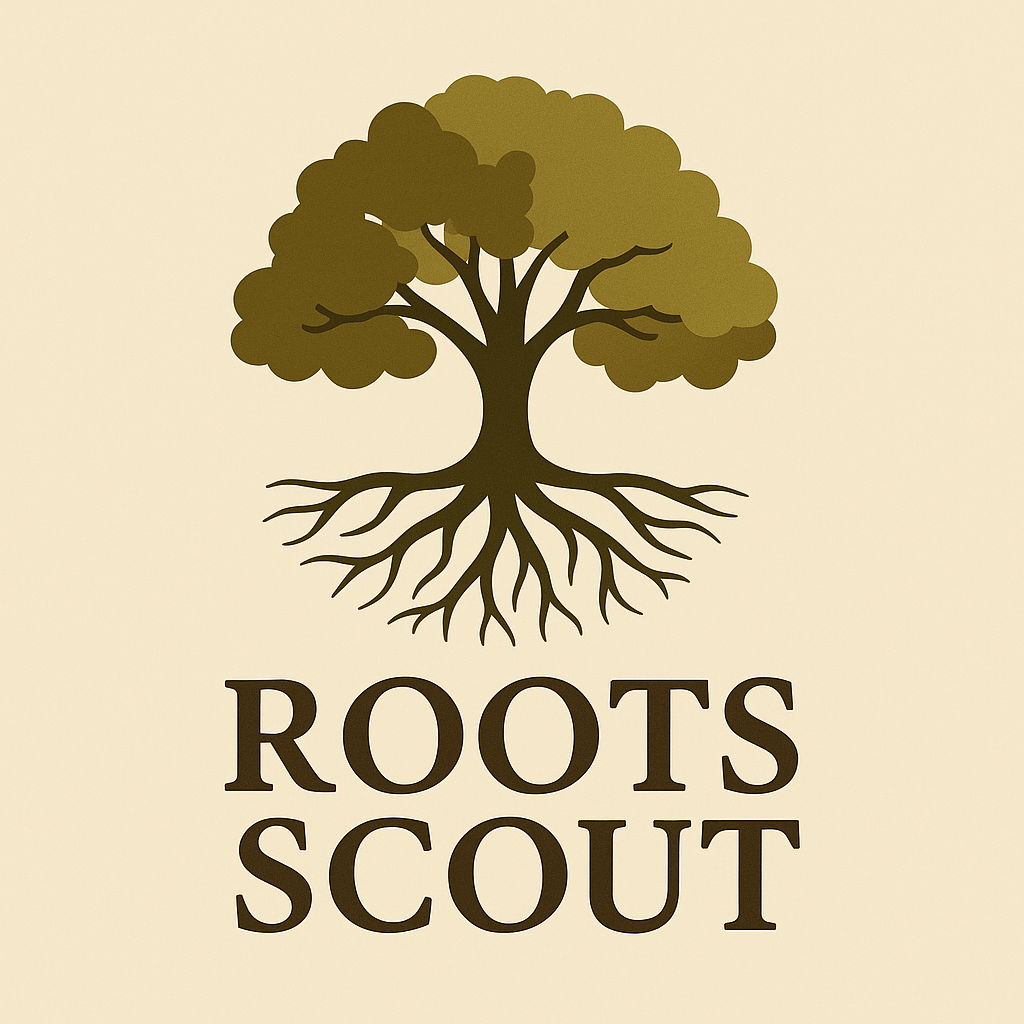Mingo West was born around 1830 in Benguela, a coastal city in what is now Angola, part of the vast and diverse region historically known as the Congo and West Africa. His early years unfolded in a rich and complex African cultural landscape, where he likely spoke one of the native languages of the area and lived a life deeply connected to the land, nature, and community.

But Mingo’s peaceful beginnings were shattered when he was captured and sold into the brutal, inhumane system of transatlantic slavery. At approximately 28 years old, in 1858, he was forcibly taken from his homeland, put aboard the Yacht Wanderer — one of the last and most notorious illegal slave ships to land on American soil. The Wanderer defied U.S. laws banning the importation of enslaved Africans, sneaking past patrols to drop anchor off the coast of Jekyll Island, Georgia.
Mingo arrived at Jekyll Island under circumstances that no words can fully capture. Stripped of his freedom, separated from everything familiar, and thrust into a world of unimaginable cruelty, he was sold during the horrific event known as The Weeping Time — the largest recorded slave auction in American history. Thousands of enslaved men, women, and children were brutally sold off over several days, families torn apart for the profit of slave traders and owners.
Newly arrived and unable to speak English, Mingo faced a terrifying unknown. His only link to survival came through the “rice slaves” — enslaved African Americans whose ancestors had cultivated rice and other crops in the Lowcountry for generations. These seasoned slaves taught Mingo how to live off the land, how to tend to crops, and how to navigate the unforgiving landscape of Georgia’s plantations. They became his teachers and guides, sharing knowledge that was crucial to his survival in this foreign and hostile environment.
Mingo was given a single set of clothing — a stark symbol of his abrupt transition from free man to enslaved laborer. He lived day to day, reliant on the land for food, the strength of his spirit, and the faint hope for freedom.
In 1859, the Wanderer was seized and sold, its legacy forever tied to the illegal slave trade and the suffering of those it carried. The ship’s story is a dark chapter in American history — one of greed, broken laws, and human suffering.
During the tumultuous years of the Civil War, Mingo remained enslaved under Isaac C. West in Houston County, Georgia, a man who was his enslaver until Isaac’s death in 1863. The war brought great upheaval and, ultimately, emancipation. But freedom was only the beginning of a new struggle.
After the war, Mingo’s life slowly shifted. Though freed, he faced the harsh realities of Reconstruction-era Georgia — systemic racism, economic hardship, and the constant threat of violence. He settled in several counties, including Mitchell, Houston, and Pulaski, areas where freed African Americans sought community and opportunity despite relentless adversity.
Around 1869, Mingo became a father, welcoming children such as Rosa West and Benjamin West, the latter becoming a cowboy — a rare and noteworthy profession for African Americans of that time. In 1871, he fathered another son, John West, anchoring his legacy in the soil of his new home.
Mingo married several times, enduring the losses of his wives Sofa Oliver and Millie Redford Rutherford in 1877. Later, he married Celia Wimberly in 1879, who passed away in 1910, and then Mattie McGriff in 1910. These unions were pillars of his family life, anchoring generations that would carry his story forward.
Living off the land, adapting to new customs while holding onto his African roots, Mingo West embodied resilience. He survived the horrors of the slave trade, the trauma of auction blocks, and the challenges of life as a freedman in the Deep South. His journey from Benguela to Georgia, from a man who could not speak English to a patriarch whose family thrived against the odds, paints a portrait of endurance and strength.
Mingo lived well into the early 20th century, witnessing vast changes in America — from the end of slavery to the rise of Jim Crow laws. He bore witness to the birth of a nation struggling to redefine freedom and justice.
Though history often reduces enslaved individuals to mere statistics, the life of Mingo West reminds us that behind every number is a human being — with a story, a heart, and an unyielding will to survive. His legacy is one of survival, family, and the unbreakable human spirit.

Comments (3)